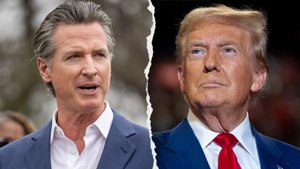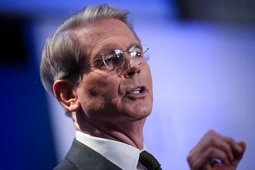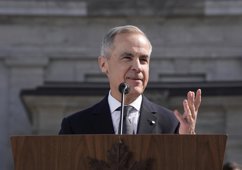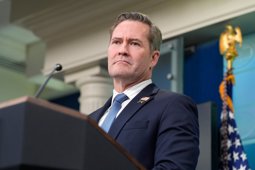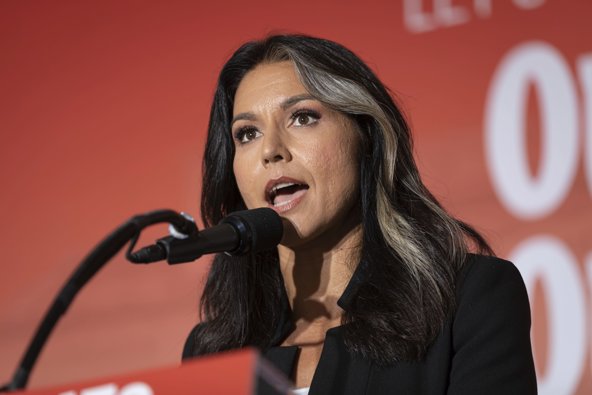
Gabbard Claims TSA Watchlist Is Political Retaliation
Gabbard says her TSA surveillance was political retribution after criticizing Kamala Harris on national TV.
Gabbard Blasts Watchlist Placement as Political Tactic
Director of National Intelligence Tulsi Gabbard has accused the Biden administration of using the Transportation Security Administration’s “Quiet Skies” program for political retribution. Gabbard says she was placed on the watchlist after criticizing Kamala Harris on national television shortly after Harris was endorsed as the Democratic presidential nominee.
“I think they were trying to intimidate me,” Gabbard said in a recent interview. “They were trying to create a chilling effect, knowing I wouldn't stay silent, and send a message to others: criticize Harris, and you’ll face consequences.”
Gabbard’s criticism of Harris followed President Biden’s decision to step out of the 2024 race. Gabbard alleges her addition to the watchlist was a direct response to her comments questioning Harris’ leadership capability.
Senator Paul Cites DHS Records Confirming Surveillance
Senator Rand Paul, R-Ky., brought the matter to light during a Senate Homeland Security Committee hearing, confirming that federal air marshals surveilled Gabbard on domestic flights in 2024. According to records received from the Department of Homeland Security, air marshals noted Gabbard’s physical appearance and the number of electronic devices she was carrying.
“Quiet Skies” was established in 2010 as a TSA initiative to flag passengers for enhanced screening based on travel data, intelligence trends, and other indicators. While not classified as a terrorist watchlist, the program has drawn criticism for lack of transparency and potential overreach.
Gabbard rejected the justification behind the program, stating, “This program has never caught a single terrorist. Instead, 40 to 50 federal air marshals are tasked daily with surveilling everyday Americans for no legitimate reason.”
She added that the program infringes on civil liberties and does not provide meaningful national security benefits.
Concerns About Chilling Free Speech
Gabbard’s comments have raised concerns about political retaliation and the use of federal surveillance tools against public figures. She emphasized that her case is not just about her, but about the message such surveillance sends to any critic of those in power.
“No one should fear federal surveillance for voicing opinions on national leadership,” she said, calling for a full repeal of the program.
While TSA has stated that the program uses a risk-based, automated approach leveraging government intelligence systems, it has declined to comment on Gabbard’s specific inclusion or the dates of her placement on the list.
The controversy has sparked renewed debate over government surveillance programs and their potential misuse. Civil liberties advocates and lawmakers alike are now examining whether reforms—or full termination—of “Quiet Skies” are warranted.

